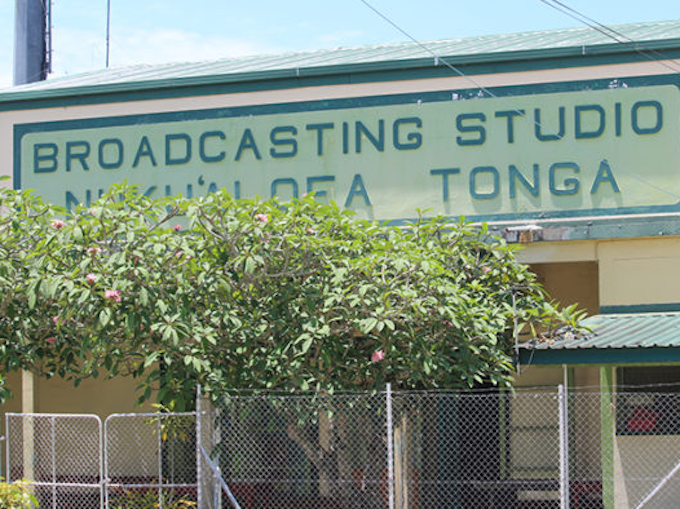
By Philip Cass of Kaniva News
AUCKLAND (Kaniva News/Asia Pacific Report/Pacific Media Watch): Tonga has fallen five places to lie 50th in this year’s World Press Freedom Index.
In last year’s index, compiled by the Paris-based media freedom watchdog Reporters Without Borders (RSF), it was 45th out of 180 countries.
Tonga’s highest ranking was in 2016 when RSF placed it 37th.
READ MORE: Tough coronavirus controls threaten Pacific, global media freedom
Its lowest position was 66th in 2013.
The RSF report said Tongan politicians had not hesitated to sue media outlets, exposing them to the risk of heavy damages awards.
Some journalists said they were forced to censor themselves because of the threat of being bankrupted. In an effort to regulate “harmful” online content, especially on social media
Suspension of three media workers
Earlier this year, the Pacific Freedom Forum said the suspension of three workers from the Tonga Broadcasting Commission had sent a chilling message to journalists at the public broadcaster.
RNZ reported that Setita Tu’ionetoa, Salamo Fulivai and Vilisoni Tu’iniua had been suspended over allegations they attempted to incite distrust in the government.
Forum co-chair Ofani Eremae said the suspensions would dissuade journalists from questioning the government.
“The message that is being sent to the workers or the journalists at Tonga Broadcasting is that ‘if you say something or do something that seems to be against the Tongan government you’re going to get suspended or you’re going to get sacked’,” he told RNZ.
Of Tonga’s closest neighbours, Samoa is at 21st (down one place). However, RSF has warned that Samoa is in danger of losing its status as a model of regional press freedom.
The RSF noted that Parliament had reinstated a law in 2017 criminalising defamation. It said this had been used by Prime Minister Tuilaepa Sailele Malielegaoi to attack journalists who criticised his government.
Fiji remains below Tonga at 52nd, unchanged from last year.
RSF said Fijian media were operating under the draconian 2010 Media Industry Development Decree, which had been turned into a law in 2018. Journalists who are judged to have violated the law’s vaguely worded provisions face severe penalties.
‘Keep fighting’
Professor David Robie, director of the Pacific Media Centre at Auckland University of Technology and a leading advocate of press freedom, said in a weekend World Press Freedom Day message it was vitally important to have free media across the region at this time of the coronavirus pandemic.
“Even in good times there is a tendency for Pacific governments not to understand role of media and how important it is to have good, reliable information,” he told the ABC’s Pacific Beat.
LISTEN: Pacific Beat talks to David Robie
“That’s the antidote to rumours on social media.”
Professor Robie said the 2020 RSF report is based largely on developments and information gathered over the previous year.
He said almost all countries in the region, including Australia and New Zealand, had dropped in this year’s RSF rankings. Australia was down five places to 26th (one place below Samoa) and New Zealand had slipped two places to ninth.
“Overall its looking bleak,” Professor Robie said.
He urged journalists to keep fighting for press freedom.
Media educator Dr Philip Cass is an adviser for Kaniva Tonga.



